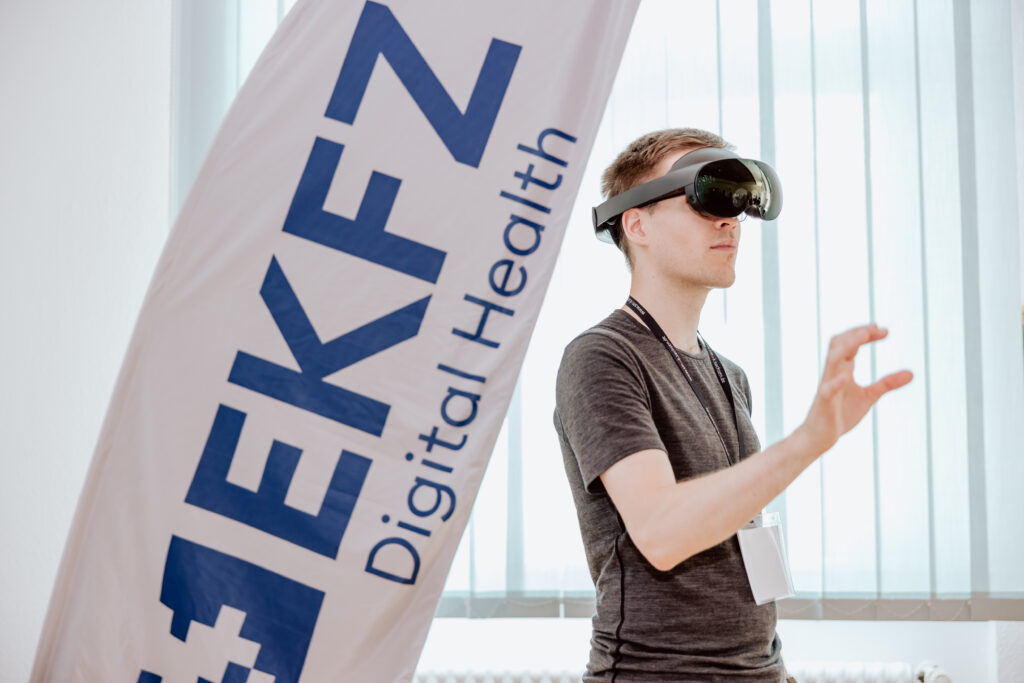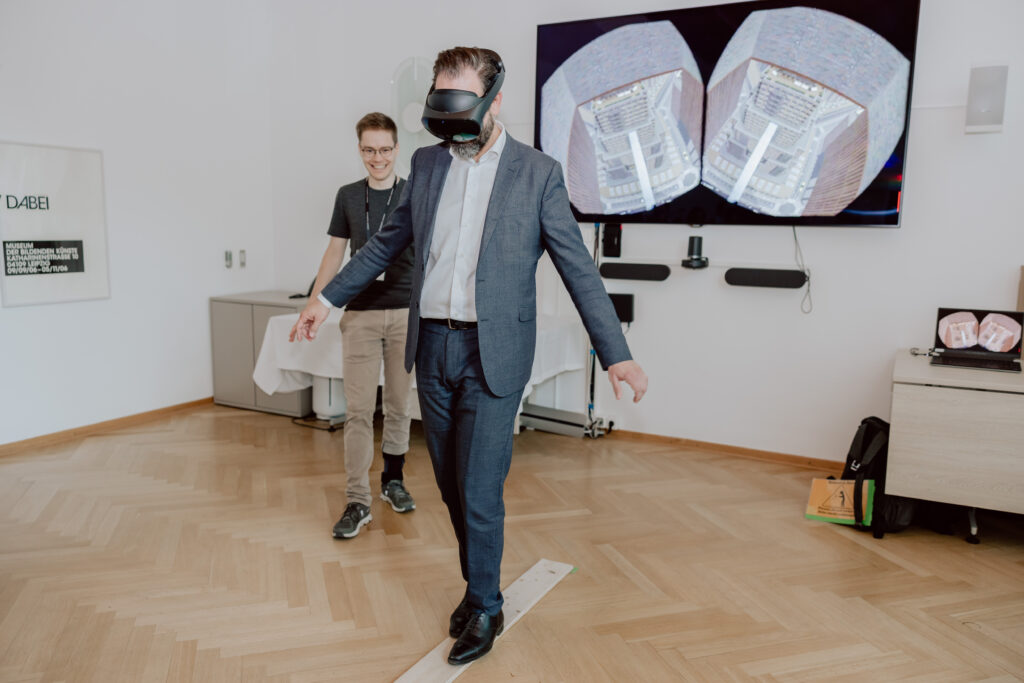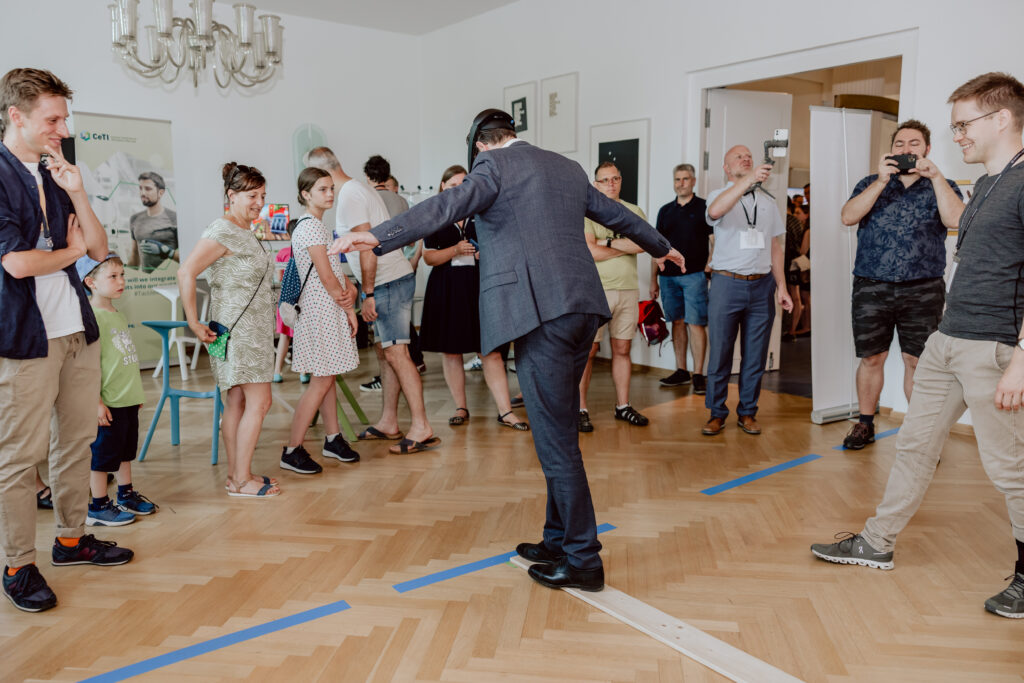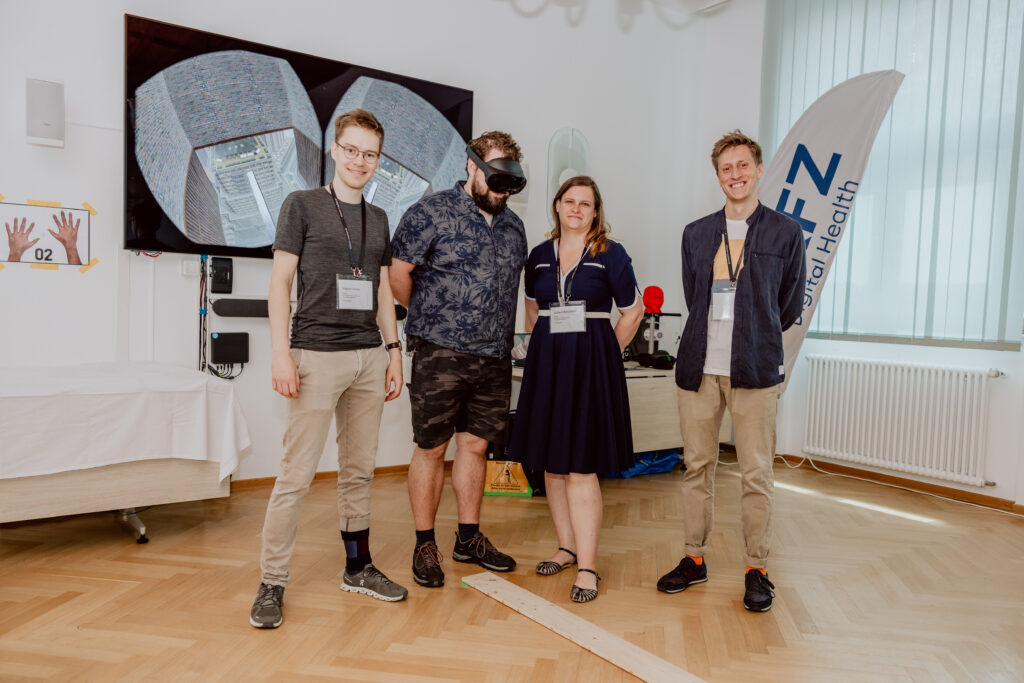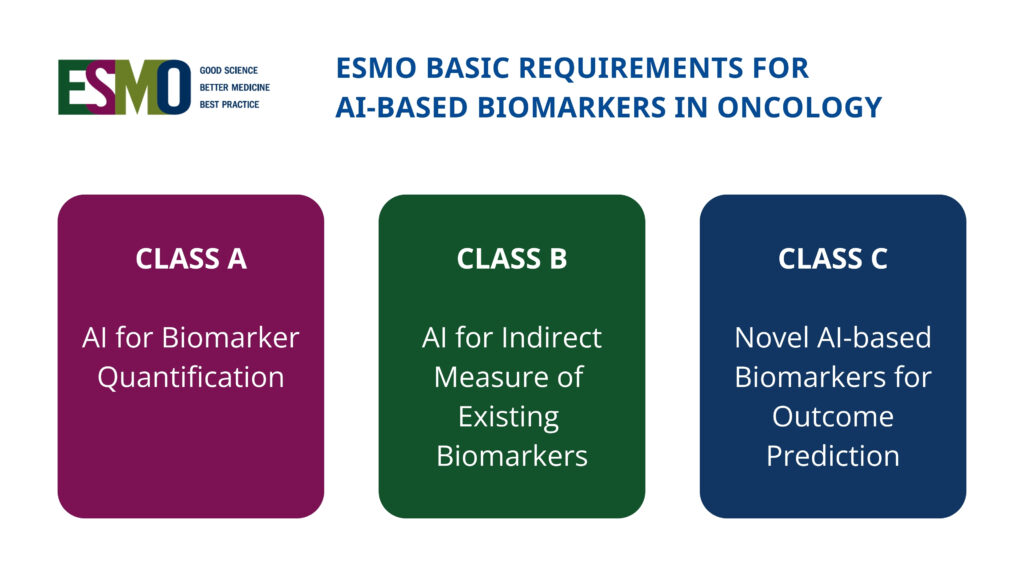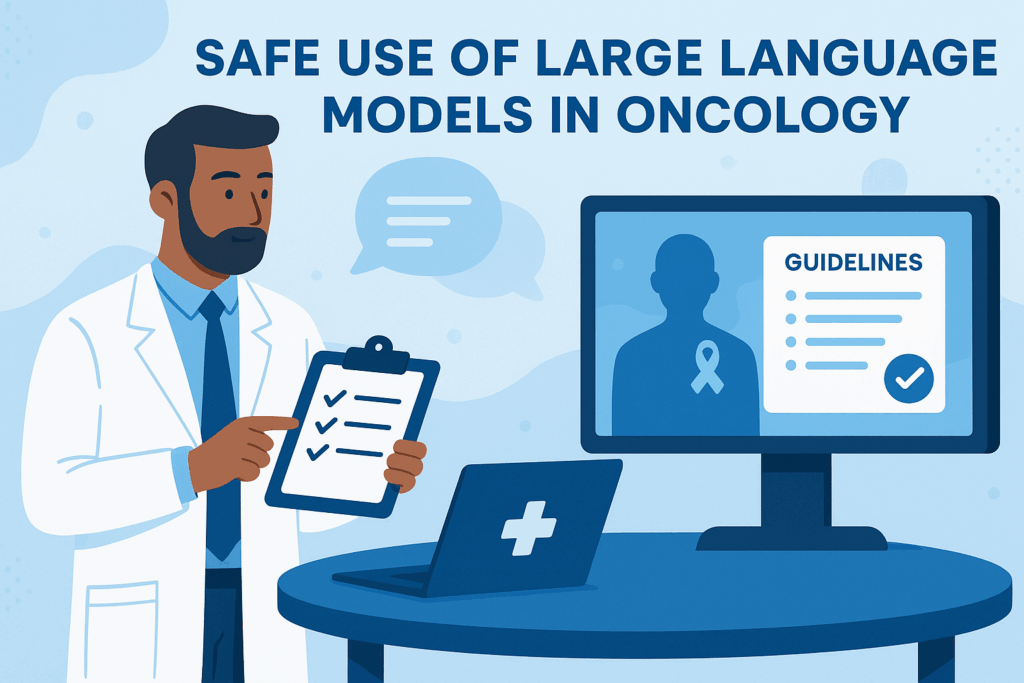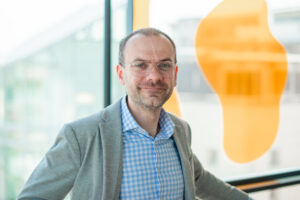Virtual companions, real responsibility
Enthusiastic visitors at the EKFZ booth at the Open Government Quarter Day at the Saxon Ministry of Science and the Arts.
The Saxon state government opened its doors to the “Open Government Quarter” on 11 June. Saxon scientific institutions gave an insight into their research about artificial intelligence. Guests were able to marvel at an ambulance of the future, play robot air hockey, search for clues with the robot dog R-EX, watch autonomous drones at work or discover the incredible quantum world.
The EKFZ had a booth at the SMWK and the VRAD team presented their research project and represented the innovative projects we fund. As at last year’s Science Night, the team wowed visitors with a virtual reality experience of a special kind: visitors could face their fear of heights in VR. The VRAD scientists from the TU Dresden and the University Hospital are working together to develop and evaluate innovative virtual reality (VR)-based therapies for anxiety disorders. It focuses on the rapid creation of customized VR scenarios, shared virtual experiences with therapists, and natural two-way communication during therapy. The project aims to enable psychotherapists to create their own VR scenarios without the need for large software development teams. By integrating translational findings, VRAD aims to maximize long-term treatment effects and improve outcomes for people with anxiety disorders. Ultimately, VRAD aims to increase the effectiveness and accessibility of anxiety treatment through VR technology.


